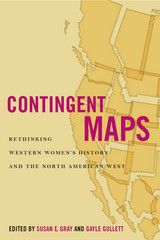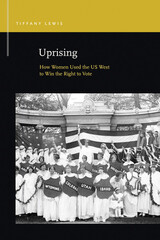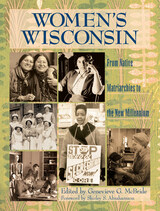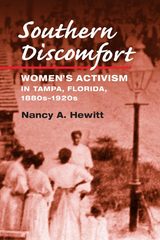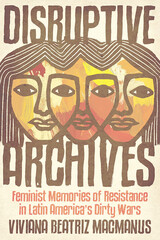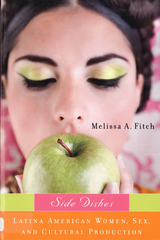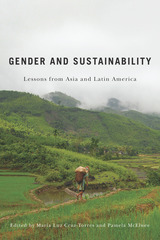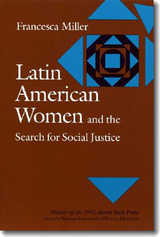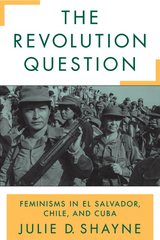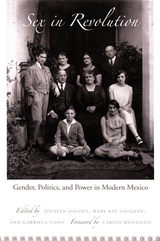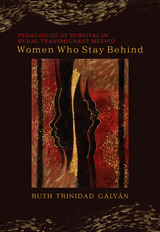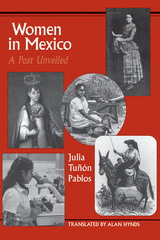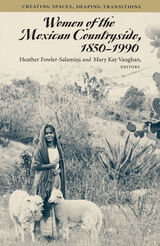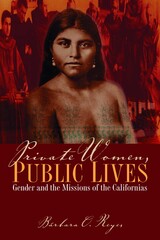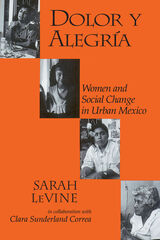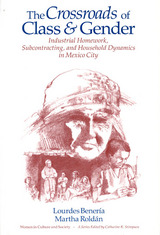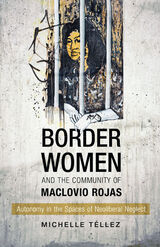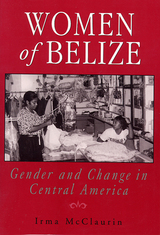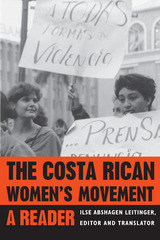The Revolution Question: Feminisms in El Salvador, Chile, and Cuba
Rutgers University Press, 2004
eISBN: 978-0-8135-5974-2 | Cloth: 978-0-8135-3483-1 | Paper: 978-0-8135-3484-8
Library of Congress Classification HQ1460.5.S53 2004
Dewey Decimal Classification 305.42
eISBN: 978-0-8135-5974-2 | Cloth: 978-0-8135-3483-1 | Paper: 978-0-8135-3484-8
Library of Congress Classification HQ1460.5.S53 2004
Dewey Decimal Classification 305.42
ABOUT THIS BOOK | AUTHOR BIOGRAPHY | REVIEWS | TOC
ABOUT THIS BOOK
What do women do for revolutions? And what do revolutions do for women? Julie Shayne explores the roles of women in revolutionary struggles and the relationship of these movements to the emergence of feminism. Focusing upon the three very different cases of El Salvador, Chile, and Cuba, Shayne documents the roles of women in armed and unarmed political activities. She argues that women contribute to and participate in revolutionary movements in ways quite distinct from men. Despite the fact that their political contributions tend to be seen as less important than those of their male comrades, the roles that women play are actually quite significant to the expansion of revolutionary movements. Shayne also explains how, given the convergence of political and ideological factors, feminism is often born in the wake of revolutionary movements. As a result, revolutionary feminism is a struggle that addresses larger structures of political and economic inequalities. Based on extensive in-depth interviews with activists in all three countries, The Revolution Question offers new insight into the complex gender relations underlying revolutionary social movements and enables us to re-assess both the ways that women affect political struggle and the ways in which political struggle affects women.
See other books on: 1979-1992 | 1992- | Chile | Cuba | El Salvador
See other titles from Rutgers University Press


